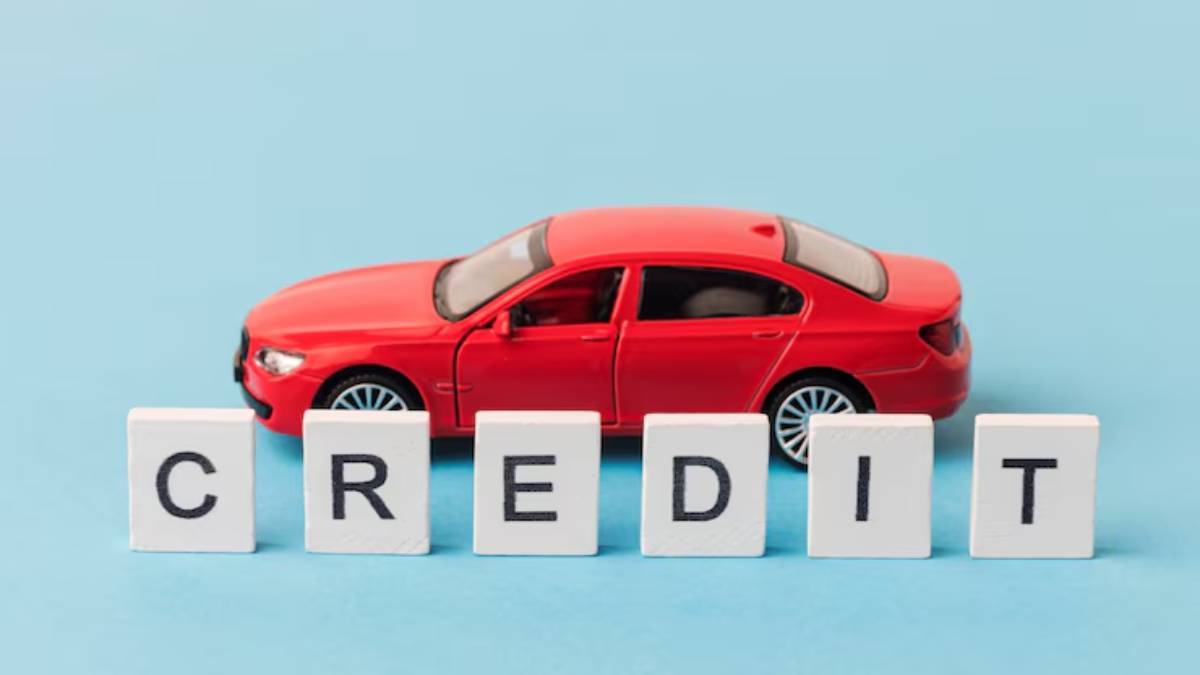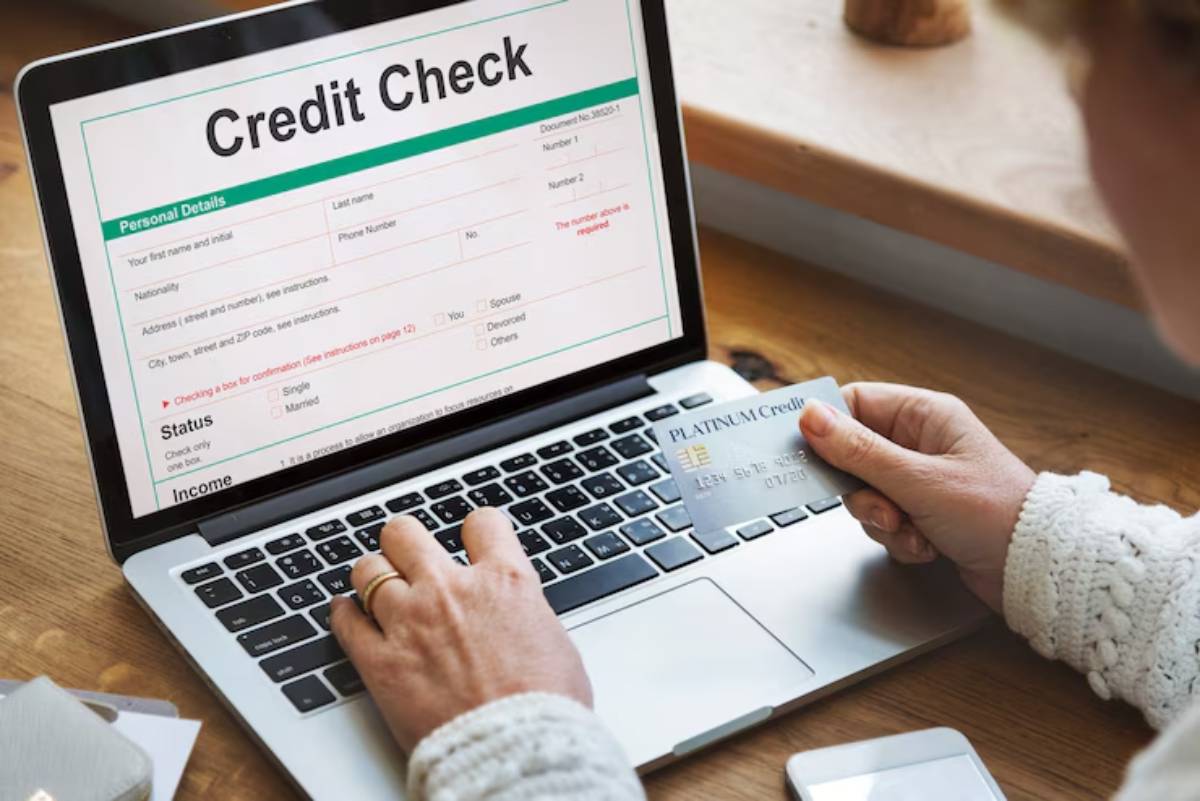
How to Use Credit Responsibly to Improve Score
Using credit wisely can open doors to lower interest rates, easier loan approvals, and better financial opportunities. But mismanaging credit can have the opposite effect.
This guide explains the steps to master responsible credit use, offers practical strategies for credit improvement, and suggests easy-to-follow financial habits to build a strong credit profile over time.
Pro Tip: Using credit responsibly is about balance. The goal is to show lenders you can manage borrowing without risk.
Quick Guide: Why Credit Matters

- A good credit score increases approval chances for loans, mortgages, and credit cards
- It may lower insurance premiums
- Some landlords and employers may review credit reports
- A strong score provides peace of mind in emergencies
Important: Even if you don’t need credit now, building good habits prepares you for the future.
Step-by-Step: How to Use Credit Responsibly
Step 1: Pay Every Bill on Time
Payment history makes up about 35% of your credit score.
- Pay at least the minimum by the due date
- Set up automatic payments or reminders
- Even one missed payment can negatively impact your score for years
Quick Tip: Paying early (a few days before due) helps avoid last-minute surprises.
Step 2: Keep Your Credit Utilisation Low
Credit utilisation is the percentage of your available credit you are using.
- Aim to use less than 30% of your total credit limit
- For example, if your credit limit is £1,000, try to keep balances under £300
- Lower utilisation = better score
Pro Tip: Paying your balance in full each month is the best habit for responsible credit use.
Step 3: Avoid Applying for Too Much Credit at Once
Each application creates a hard enquiry, which temporarily lowers your score.
| Application Type | Impact |
|---|---|
| Credit card or loan | Hard enquiry (slight drop in score) |
| Checking your own credit report | Soft enquiry (no impact) |
Quick Tip: Use eligibility checkers that run soft searches to see your approval chances without damaging your score.
Step 4: Diversify Your Credit Types (When Appropriate)
Lenders like to see you can manage different types of credit.
Examples of credit types:
- Credit cards
- Personal loans
- Car finance
- Mortgage
Pro Tip: Don’t take out unnecessary loans just to diversify. Only borrow if it meets a genuine need.
Step 5: Keep Old Credit Accounts Open
Length of credit history makes up around 15% of your score.
- Closing your oldest accounts may shorten your credit history
- If the account has no fees, consider keeping it open
Sustainability Note: Only keep accounts that are safe and manageable for your lifestyle.
Step 6: Check Your Credit Reports Regularly
Mistakes happen. Review your reports with the three major UK agencies:
| Agency | Free Monitoring Tool |
|---|---|
| Experian | Experian.co.uk |
| Equifax | ClearScore.com |
| TransUnion | CreditKarma.co.uk |
Look for:
- Incorrect balances
- Accounts you don’t recognise
- Payment history mistakes
Quick Tip: Checking your own report is a soft enquiry and does not affect your score.
Want more smart financial tips? Check out Budgeting to Support Credit Building .
Step 7: Manage Joint Credit Accounts Carefully
If you share credit with a partner or housemate, their financial habits can affect your score.
- Joint loans or mortgages create financial links
- If the other person has poor credit, it may pull down your own profile
Pro Tip: Keep joint credit to a minimum unless you fully trust your co-borrower’s financial habits.
Step 8: Be Cautious with Credit Increases
Some lenders offer credit limit increases.
- Only accept increases if you are confident you won’t overspend
- Higher limits can lower your utilisation ratio but may tempt unnecessary spending
Quick Tip: Declining a credit increase does not harm your score.
Step 9: Create a Budget to Avoid Over-Borrowing

Budgeting helps avoid relying on credit to cover daily expenses.
- Track all income and expenses
- Allocate money for savings and debt repayment
- Stick to your spending limits
Recommended Budgeting Apps:
| App | Features |
|---|---|
| Emma | Spending tracking and insights |
| YNAB | Zero-based budgeting |
| Money Dashboard | Bank account integration and planning |
Pro Tip: Building an emergency fund can reduce your need to borrow unexpectedly.
Additional Tips for Credit Improvement
| Tip | Reason |
|---|---|
| Pay more than the minimum due | Reduces debt faster and saves on interest |
| Avoid payday loans | They damage your credit and carry high fees |
| Set calendar alerts | Prevents accidental missed payments |
| Limit your active credit cards | Too many accounts can cause confusion |
| Contact lenders early if struggling | They may offer temporary payment plans |
Common Mistakes to Avoid
| Mistake | Solution |
|---|---|
| Carrying high balances | Pay off as much as possible each month |
| Applying for multiple credit products quickly | Space out applications |
| Ignoring your credit report | Check regularly for errors or fraud |
| Closing accounts without considering the impact | Keep old, fee-free accounts open |
| Relying on credit for daily spending | Use a realistic budget and savings plan |
Frequently Asked Questions
Can using a credit card improve my score?
Yes, if used responsibly. Pay off balances in full and keep utilisation low.
How often should I check my credit report?
Check at least once every few months. If applying for credit, check beforehand.
Will using a debit card build my credit?
No. Only credit accounts (like credit cards or loans) report to credit bureaus.
Does checking my own score lower my credit?
No. Soft enquiries do not affect your score.
How long does it take to improve a credit score?
Most people see steady improvement within 6–12 months of responsible credit habits.
Take Control of Your Credit Future
Building a strong credit profile doesn’t require tricks or shortcuts. It’s about consistency and making informed choices. By focusing on responsible credit use, tracking your habits, and applying these simple strategies for credit improvement, you can take control of your long-term financial health.
Be consistent. Stay mindful. Watch your credit grow with healthy financial habits.
Want more smart financial tips? Check out Timely Bill Payments and Credit Health .


